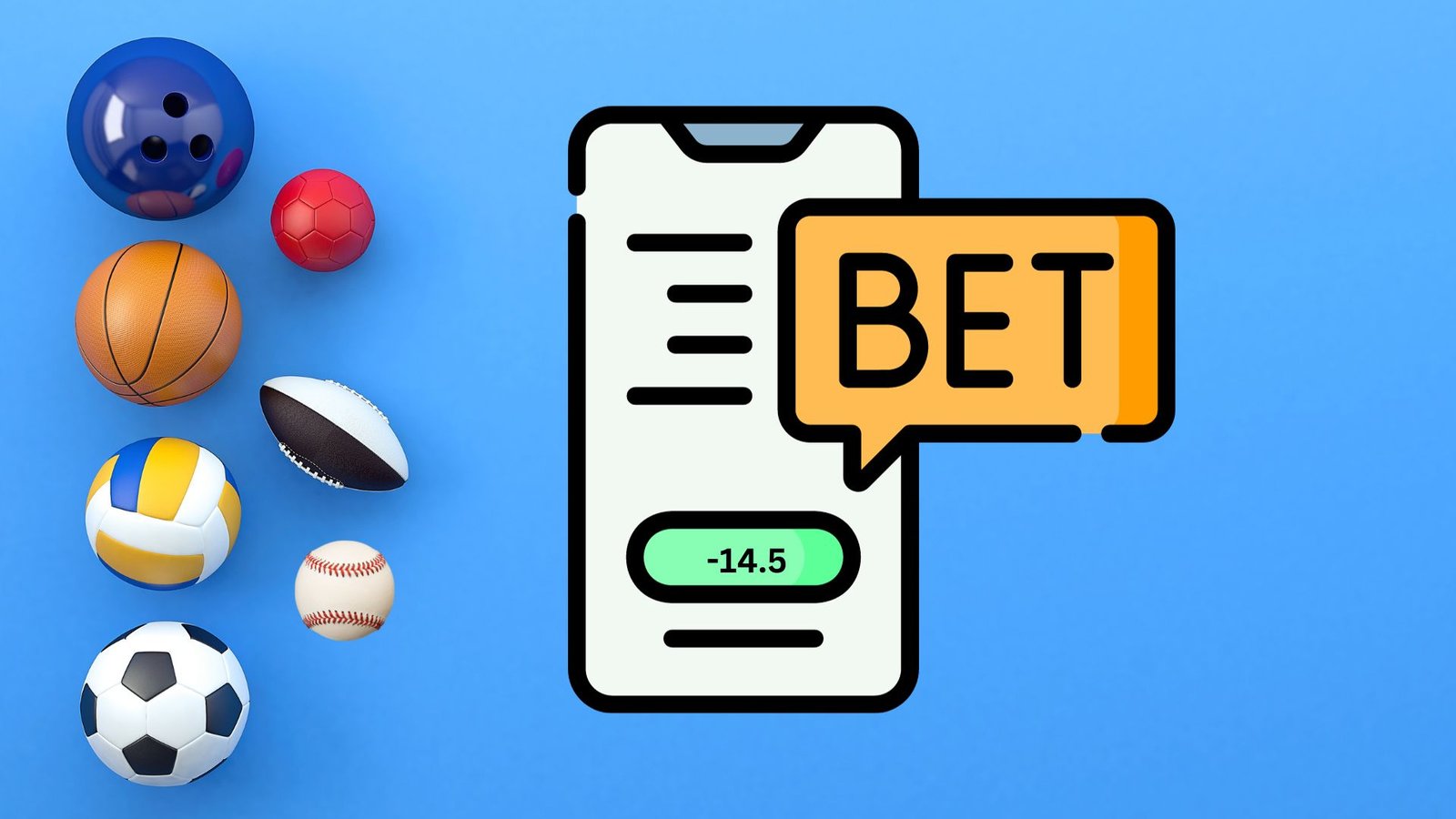In sports betting, a point spread is a tool used by bookmakers to make a contest more equitable.
The term “-14.5” point spread refers to the favorite team needing to win by more than 14.5 points for a bet on them to pay off.
This means, if you place a bet on the favorite team, they must win by 15 points or more for you to win your bet.
How Does This Affect Your Betting Strategy?
Understanding the concept of a -14.5 point spread is crucial for developing a successful betting strategy.
It adds an additional element of risk, as the favorite team not only needs to win, but they need to win by a significant margin.
This understanding can help you make more informed decisions about which games to bet on and how much to wager.
Let’s Put This into Perspective with a Real-World Example of a $100 Bet
Imagine you’ve placed a $100 bet on a team favored by a -14.5 point spread. If the team wins by 15 points or more, you’ll win your bet.
However, if they only win by 14 points or less, you lose your bet.
Therefore, this type of bet requires careful consideration of both the teams’ performance and the point spread.
When Should You Consider This Type of Bet?
Betting on a -14.5 point spread may be a good option when you’re confident the favorite team will win by a large margin.
This could be based on factors like the team’s current form, injuries, head-to-head history, and more.
It’s a high-risk, high-reward strategy that can offer bigger returns if you’re willing to take on more risk.
Finding the Spreads with the Most Profitable Odds
In order to find the most profitable odds, you can use odds comparison tools like OddsJam.
These tools compare odds from various bookmakers, helping you find the best value for your bets.
By using tools like OddsJam, you can potentially increase your winnings and make your betting experience more profitable.
Sports betting should always be done responsibly. Never bet more than you can afford to lose.

